Movie betrayals can come in many forms, from a twist ending that turns a beloved character into a villain to a plot twist that completely upends the audience’s expectations. Regardless of the form, these betrayals can profoundly impact the audience, leaving them feeling hurt, confused, and even angry. In this article, we’ll take a look at some of the most memorable and hurtful movie betrayals that left audiences feeling betrayed.
1. The Sixth Sense
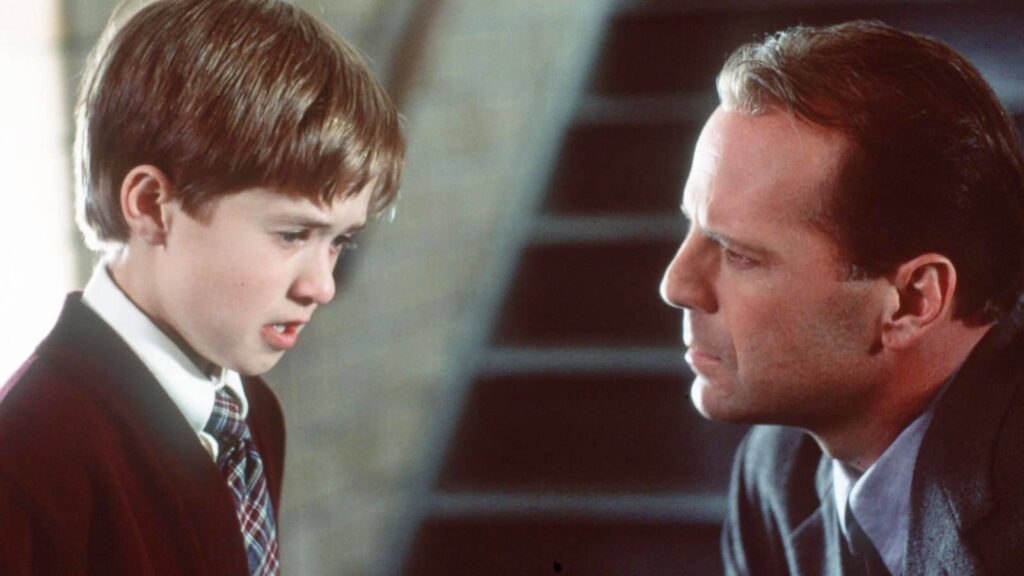
Malcolm’s Ghostly Revelation M. Night Shyamalan’s “The Sixth Sense” had audiences on the edge of their seats with its intriguing story and twist ending. Throughout the film, the audience is led to believe that Malcolm (Bruce Willis) is a child psychologist who is helping a young boy named Cole (Haley Joel Osment) overcome his fear of ghosts. However, in the final moments of the film, it is revealed that Malcolm is actually a ghost himself and has been dead throughout the entire movie. This revelation not only changes the audience’s understanding of the story but also makes them question everything they thought they knew about the characters and the plot. This twist ending has become one of the most iconic and memorable in film history, and it’s a prime example of how a betrayal can leave a lasting impact on the audience.
2. Fight Club
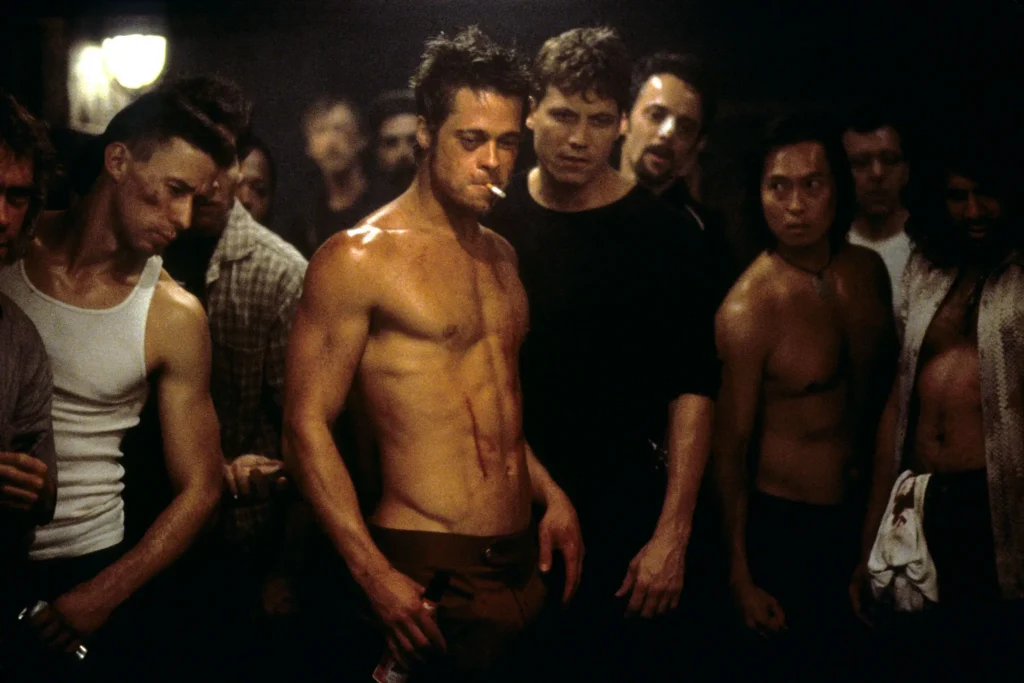
Tyler Durden’s Imaginary Existence David Fincher’s “Fight Club” is a film that explores themes of masculinity, consumerism, and mental health through the eyes of an unnamed narrator played by Edward Norton. Throughout the movie, the audience is led to believe that Tyler Durden (Brad Pitt) is a charismatic leader of an underground fight club, however, in the final act, it is revealed that Tyler is an imaginary friend created by the narrator to cope with his dissociative identity disorder. This revelation not only changes the audience’s understanding of the story but also makes them question their own perception of reality. This betrayal is particularly hurtful to the audience because it highlights the extent of the narrator’s mental instability and the danger of living in a world of illusion.
3. The Dark Knight Rises

Talia al Ghul’s Manipulation of Bruce Wayne Christopher Nolan’s “The Dark Knight Rises” is the final installment of his Batman trilogy, and it is a film that explores themes of redemption, sacrifice, and the cost of being a hero. In the film, Talia al Ghul (Marion Cotillard) cruelly takes advantage of Bruce Wayne’s (Christian Bale) emotional fragility to manipulate him and further her own agenda. This betrayal is particularly hurtful to the audience because it highlights the extent to which Talia is willing to go to achieve her goals, and how little she values the lives of the people of Gotham City. This betrayal is also a commentary on the complexity of villainy and the blurred lines between good and evil.
4. Star Wars: The Empire Strikes Back

Darth Vader’s Fatherhood George Lucas’s “Star Wars: The Empire Strikes Back” is the second installment of the Star Wars saga, and it’s a film that explores the themes of family, destiny, and the dark side of the force. In the film, the revelation that Darth Vader (James Earl Jones) is Luke Skywalker’s (Mark Hamill) father is one of the most iconic and hurtful betrayals in cinematic history. This revelation not only changes the audience’s understanding of the Star Wars universe, but it also makes them question the morality of the characters and their motivations. The revelation of Luke’s parentage is a turning point in the story, and it’s a commentary on the nature of evil and the power of redemption. Darth Vader’s betrayal is also a powerful reminder of the impact of the past on the present and the importance of facing one’s own demons. This revelation has become one of the most iconic moments in movie history, and it’s a prime example of how a betrayal can change the way the audience sees a character.
5. The Godfather
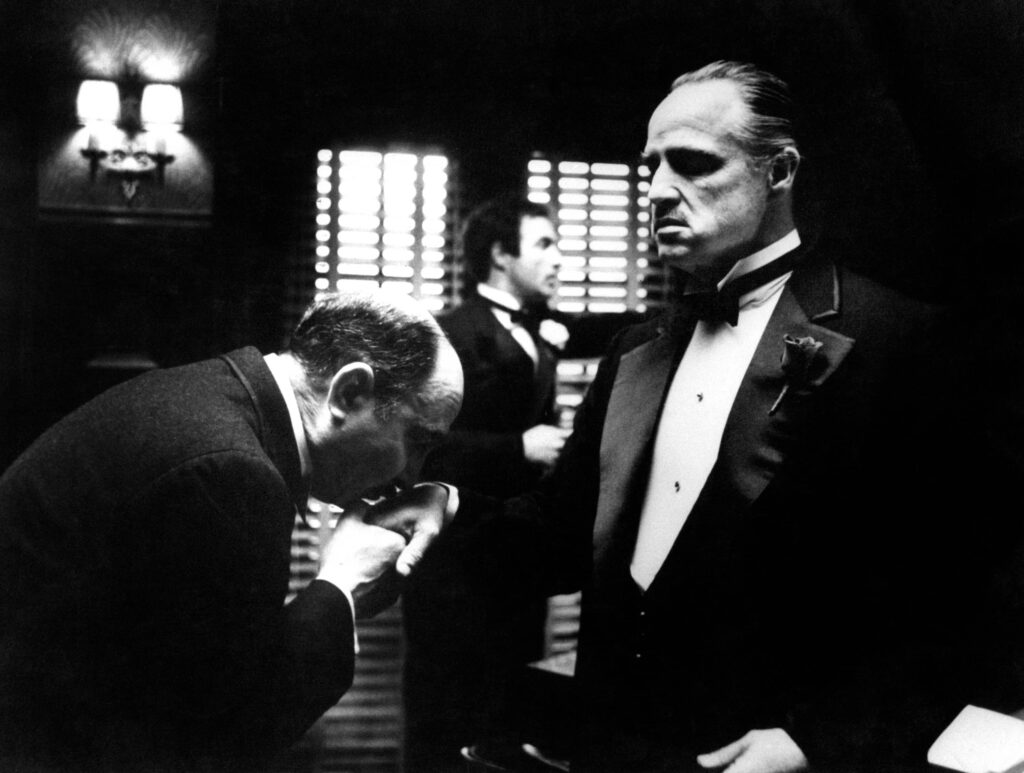
Michael Corleone’s Descent into Darkness Francis Ford Coppola’s “The Godfather” is a film that explores themes of power, family, and the American dream. Throughout the film, Michael Corleone (Al Pacino) is portrayed as a reluctant member of the Corleone crime family. However, as the story progresses, he becomes more and more involved in the family’s criminal activities, eventually becoming the ruthless leader of the organization. This transformation is a betrayal to the audience, who had come to see him as a sympathetic character. This betrayal is a commentary on the corrupting nature of power and the dangers of becoming too entrenched in one’s own beliefs.
6. The Village
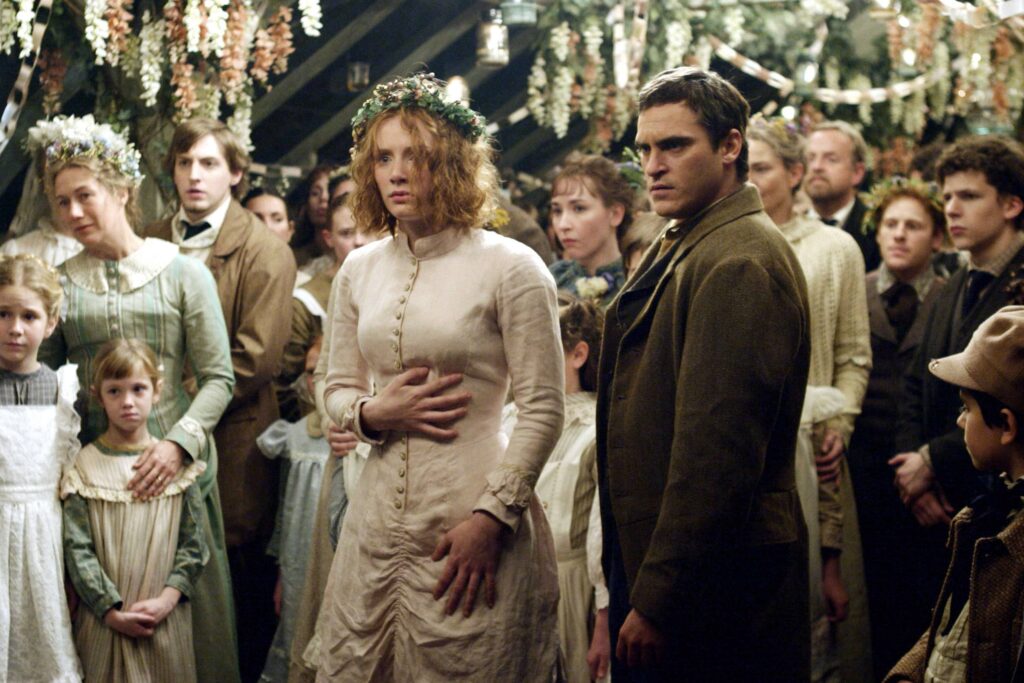
The Reality of the Village M. Night Shyamalan’s “The Village” is a film that explores themes of fear, trust, and the power of imagination. The audience is led to believe that the village is a secluded community that is isolated from the rest of the world. However, in a twist ending, it is revealed that the village is actually a modern-day experiment, and that the “monsters” the villagers have been living in fear of are actually costumed actors. This betrayal not only changes the audience’s understanding of the story, but it also makes them question the reality of what they have been watching. This twist ending is a commentary on the dangers of blindly following authority and the power of perception.
7. The Prestige
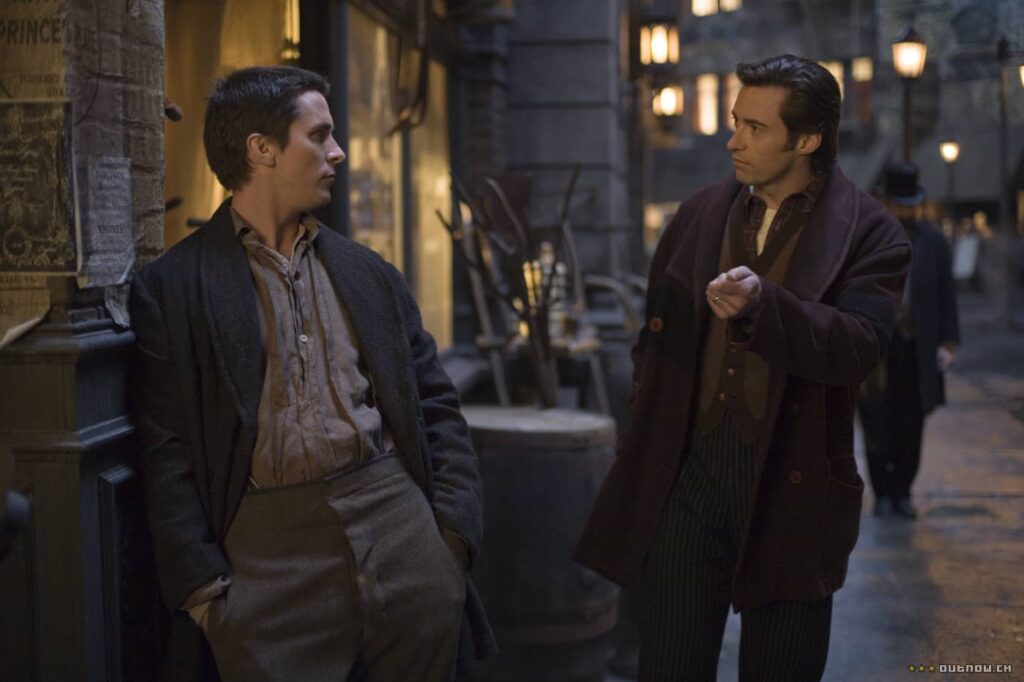
Alfred Borden’s Twin Brother Christopher Nolan’s “The Prestige” is a film that explores themes of obsession, sacrifice, and the blurred lines between reality and illusion. Throughout the film, the audience is led to believe that Alfred Borden (Christian Bale) is a talented magician who is locked in a bitter rivalry with Robert Angier (Hugh Jackman). However, in a shocking twist, it is revealed that Borden has a twin brother, and that the two have been using their identical appearance to pull off the ultimate magic trick. This betrayal not only changes the audience’s understanding of the story, but it also makes them question the true nature of the characters. This twist ending is a commentary on the cost of obsession and the power of deception.
8. The Shawshank Redemption
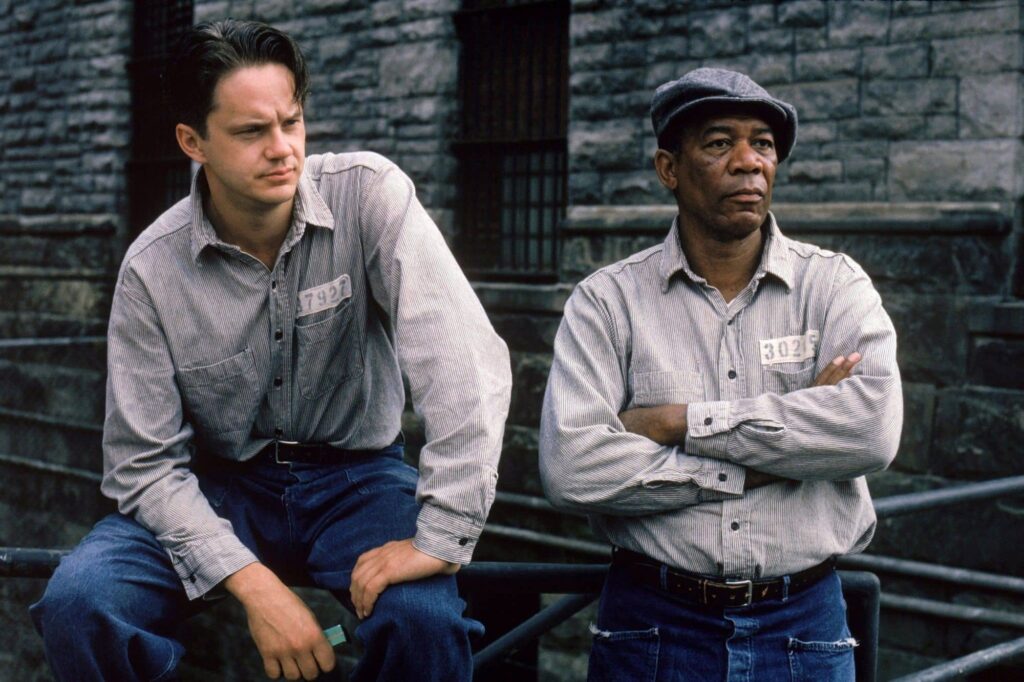
Source: allstars.pp.ru
Andy Dufresne’s Escapes Frank Darabont’s “The Shawshank Redemption” is a film that explores themes of hope, friendship and the power of the human spirit. Throughout the film, the audience is led to believe that Andy Dufresne (Tim Robbins) is a model prisoner who is serving a life sentence for a crime he didn’t commit. However, in a surprising turn of events, it is revealed that Andy has actually been planning his escape for years and had successfully tunneled his way out of prison using rock hammer. This betrayal not only changes the audience’s understanding of Andy’s character, but it also leaves them feeling a mix of emotions as they realize the extent of his determination and cleverness. This betrayal also serves as a commentary on the power of hope and the importance of never giving up.
9. The Matrix
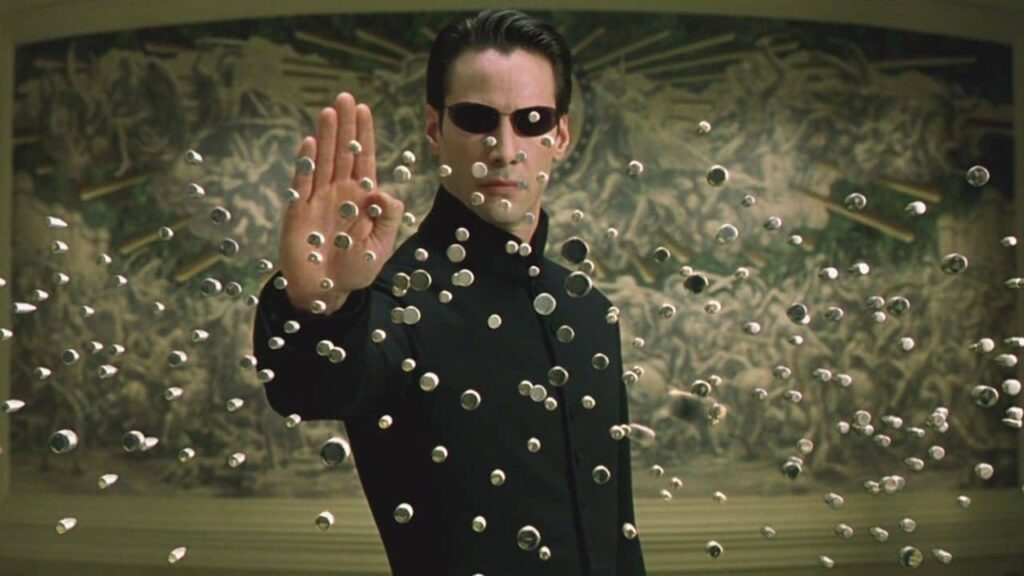
Neo’s Purpose The Wachowski’s “The Matrix” is a film that explores themes of reality, free will and the power of choice. As the audience follows Neo (Keanu Reeves) on his journey to discover the truth about the Matrix, they are led to believe that he is “The One,” a savior who is destined to free humanity from the machines’ control. However, in a shocking twist, it is revealed that Neo’s purpose is not to save humanity, but to be a power source for the machines, leaving the audience questioning everything they thought they knew about the story and the characters. This betrayal is a commentary on the nature of reality and the power of manipulation.
10. Inception
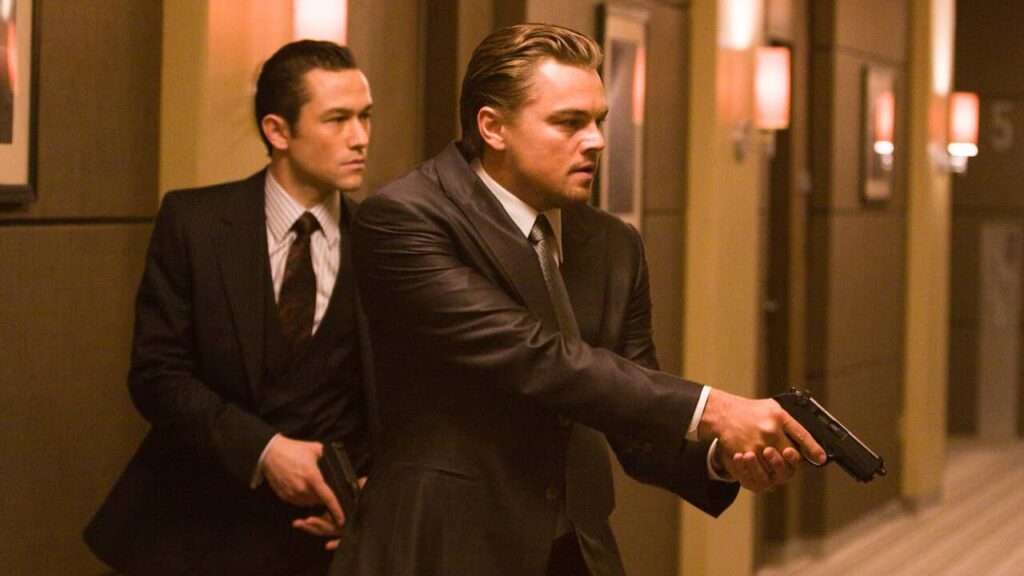
Cobb’s Reality Christopher Nolan’s “Inception” is a film that explores the nature of reality, dreams, and the power of the mind. Throughout the film, Cobb (Leonardo DiCaprio) is on a mission to plant an idea in someone’s mind, but as the story progresses, it becomes clear that Cobb is struggling with his own reality. In a mind-bending twist, it is revealed that Cobb is still stuck in a dream and has not returned to reality, leaving the audience questioning what is real and what is not. This betrayal is a commentary on the power of grief, the nature of memory, and the blurred lines between reality and imagination.
11. The Usual Suspects
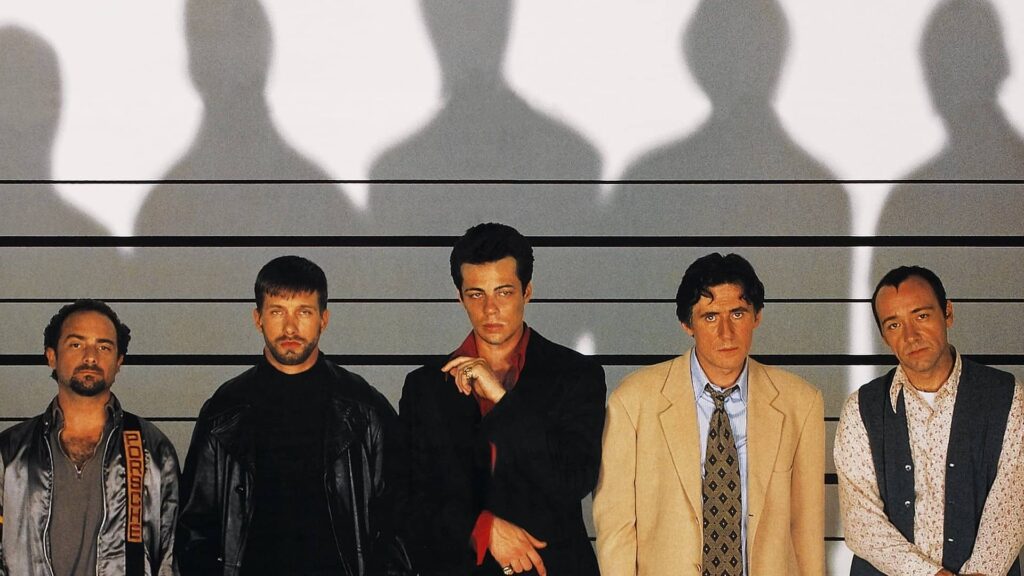
Keyser Soze’s Identity Bryan Singer ‘s “The Usual Suspects” is a film that explores themes of deception, crime, and the power of manipulation. Throughout the film, the audience is introduced to a cast of criminals, each with their own shady past and ulterior motives. However, in a shocking twist ending, it is revealed that the true mastermind behind the crime is none other than Keyser Soze, a criminal legend who was thought to be dead. This betrayal not only changes the audience’s understanding of the story, but it also leaves them questioning the true nature of the characters. This twist ending is a commentary on the power of deception and the blurred lines between good and evil.
12. The Girl with the Dragon Tattoo
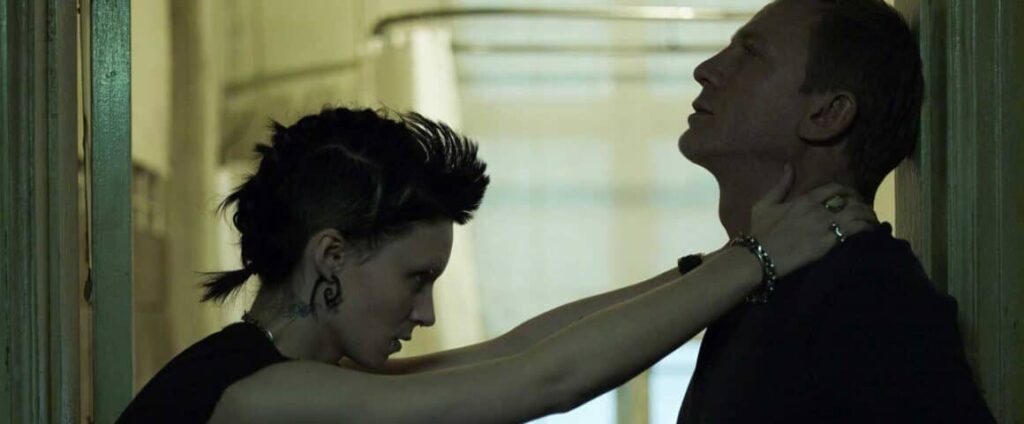
Mikael Blomkvist’s Betrayal David Fincher’s “The Girl with the Dragon Tattoo” is a film that explores themes of corruption, revenge, and the power of truth. Throughout the film, Mikael Blomkvist (Daniel Craig) is portrayed as a journalist who is determined to uncover the truth behind a decades-old murder case. However, in a shocking twist ending, it is revealed that Mikael has known the true identity of the killer all along and had been using the investigation as a cover-up for his own personal vendetta. This betrayal not only changes the audience’s understanding of Mikael’s character, but it also leaves them feeling betrayed by his actions. This twist ending is a commentary on the corrupting nature of power and the blurred lines between truth and justice.
These are just a few examples of the many movie betrayals that have left audiences feeling hurt and betrayed. These betrayals not only change the way the audience sees the characters and the story but also make them question their own perception of reality and the nature of truth. These moments can be shocking, mind-bending and even confusing, but they also make for some of the most memorable and impactful moments in film history.





